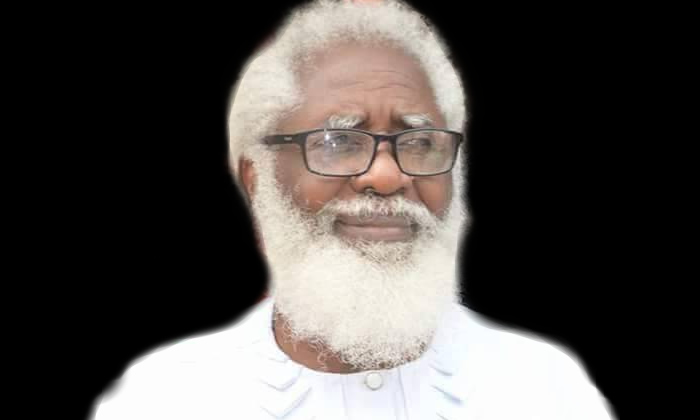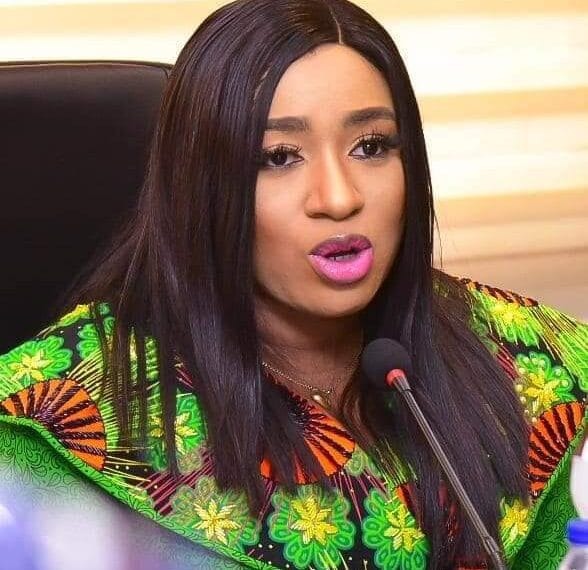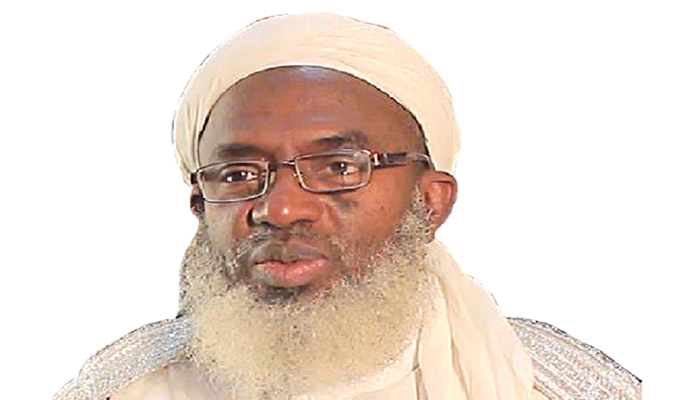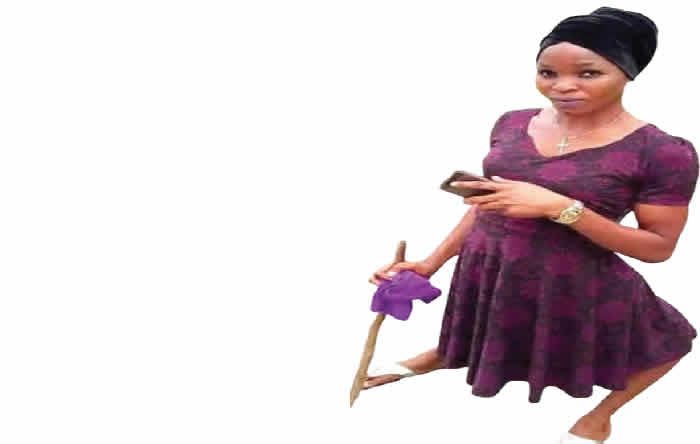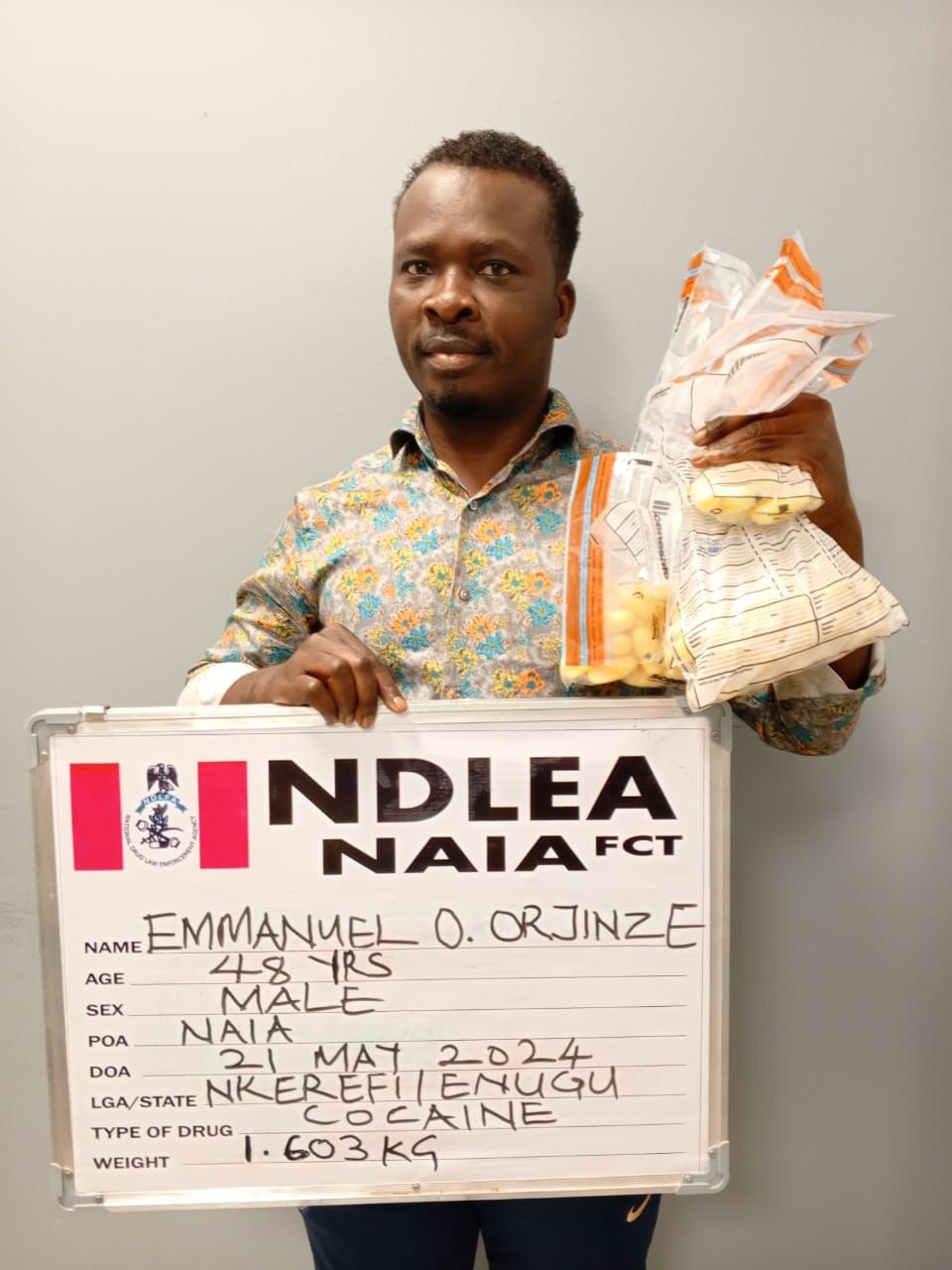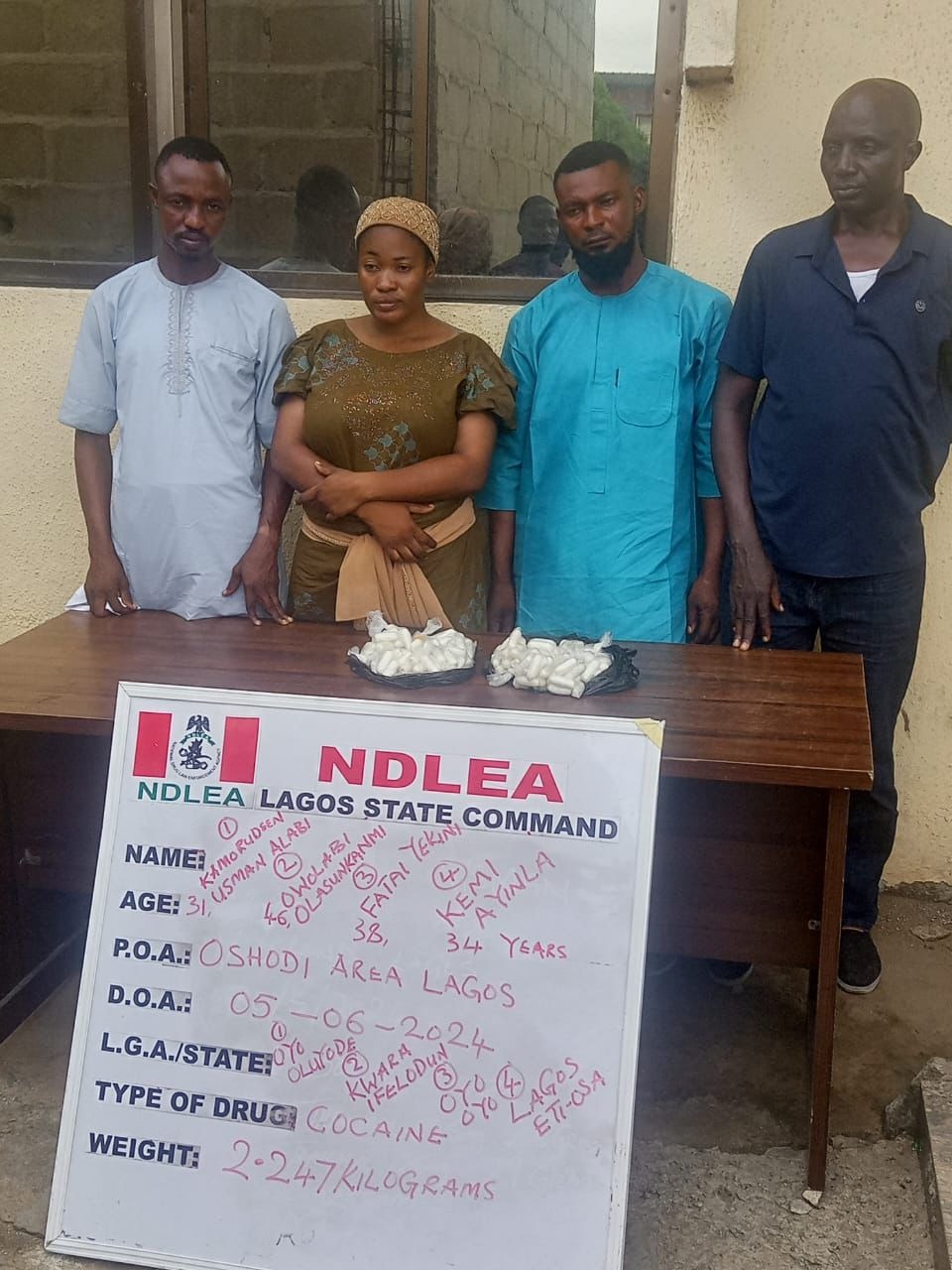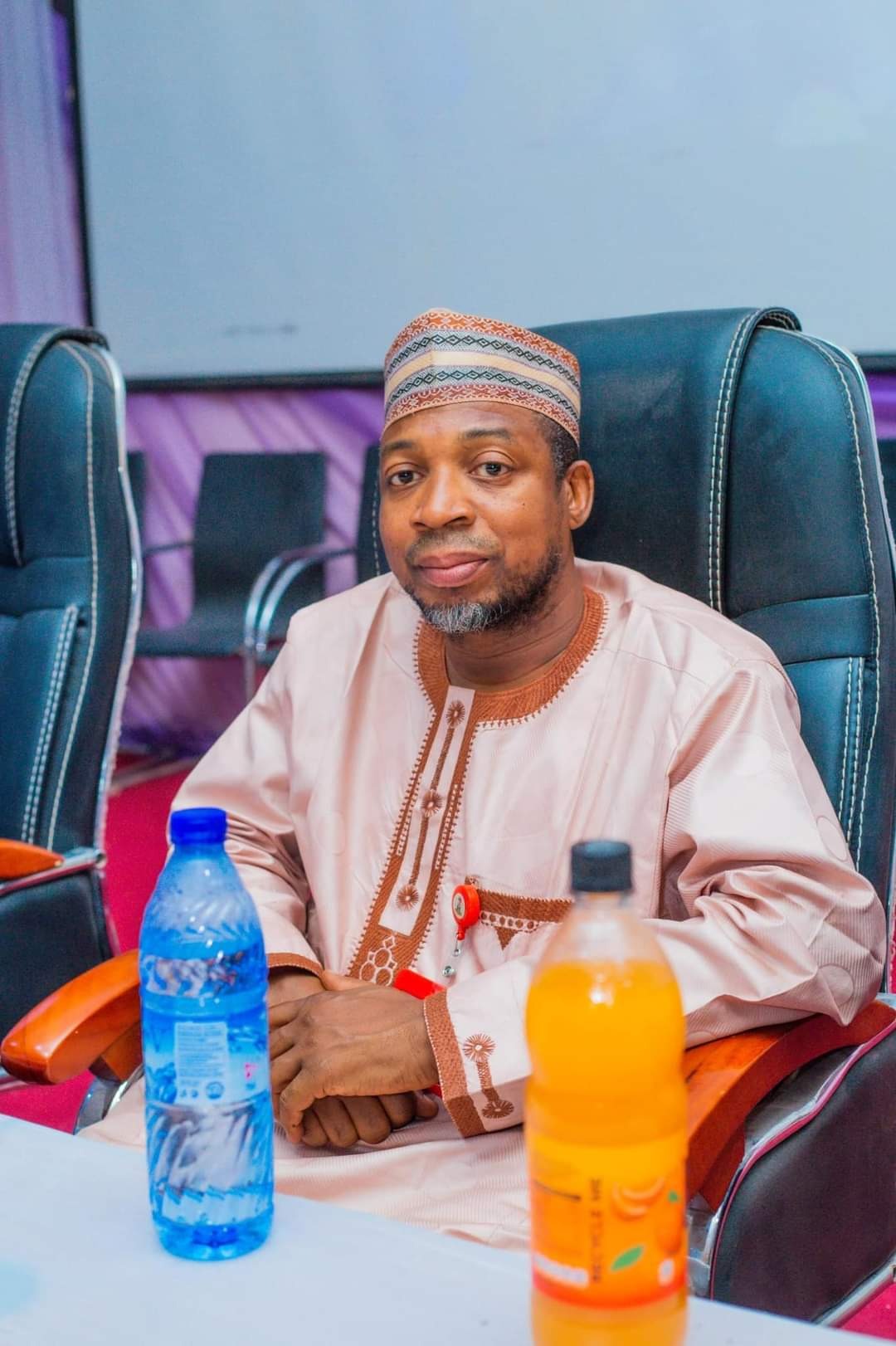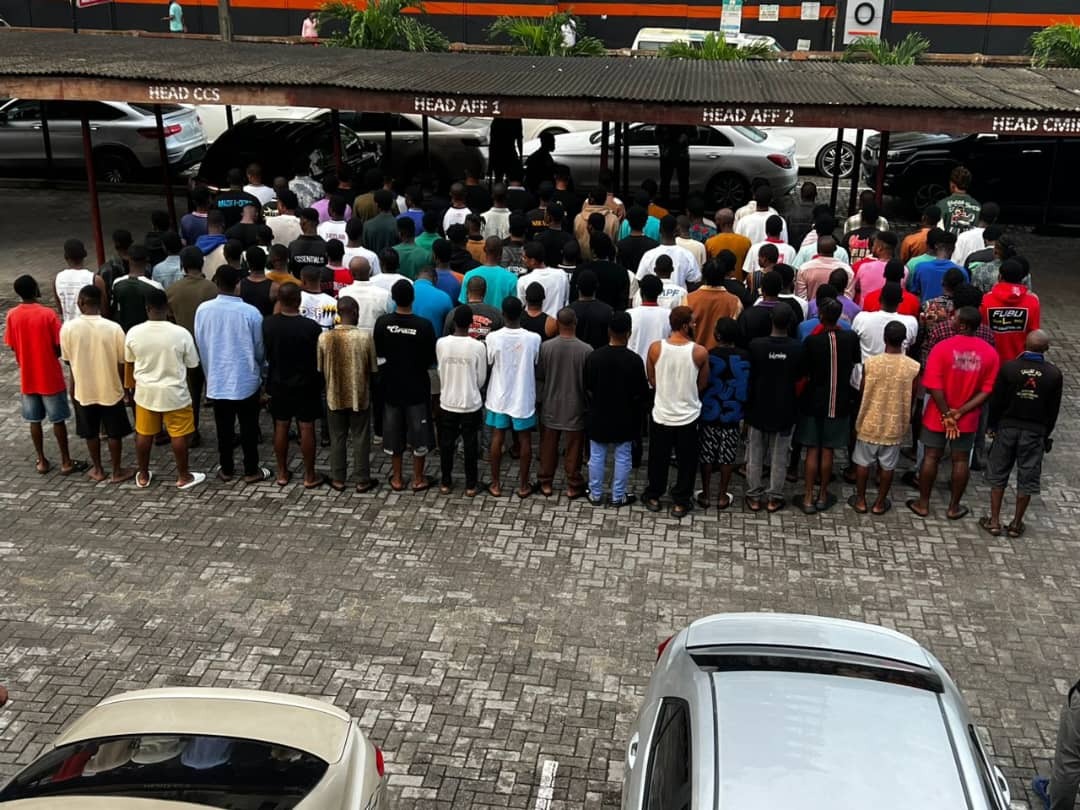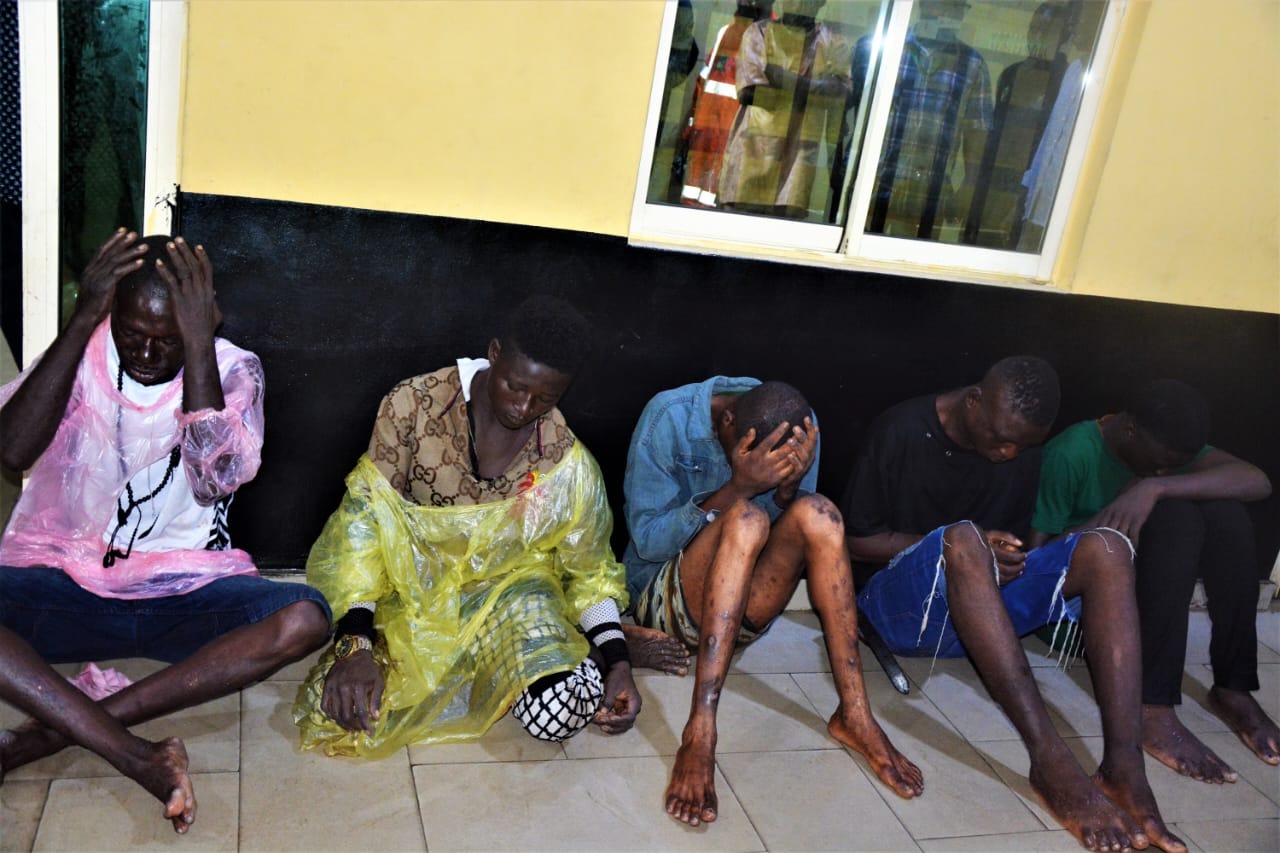Former Nigerian Ambassador to the Philippines, Dr Yemi Farounbi, shares a unique bond with his country—his birthday falls on Nigeria’s Independence Day. As he celebrates this 80th milestone, he opens up to ISMAEEL UTHMAN about the extraordinary journey of life, reflecting on his eight decades of remarkable experiences intertwined with Nigeria’s unique history
What does turning 80 feel like for you?
I am thankful to God for His grace and mercy. God has taken me through difficult times. I have been in accidents and confronted armed robbers who stole my car but later returned it, as well as intruders who entered my house but took nothing. I have experienced life-threatening illnesses, and God pulled me through. In a country where life expectancy is about 50, reaching 80 is a matter of grace.
Take us on a journey through your early years—what defining moments laid the foundation for the extraordinary person you are today?
I’m the son of an Anglican priest who died in active service after working for 41 years. Consequently, I have a deep religious background. Because my father, as a priest, was posted to many churches in what is now Ekiti State, I attended various primary schools in the region, eventually ending up at the renowned Anglican secondary school, Christ’s School, Ado Ekiti. This strict, disciplined, and religious upbringing has fostered a profound relationship with God. The belief that one must love their neighbour as oneself has formed the foundation of my interactions with people, irrespective of their background, religion, ethnic nationality, or political leanings. The concept of servant leadership demonstrated by Jesus Christ has influenced my management style. Furthermore, Christ’s love for the poorest, most marginalised, and abandoned individuals has shaped my life’s path. I am indeed a street pastor, more interested in those who are neglected, abandoned, and forgotten. This is a product of my background.
What do you miss the most about your childhood?
I had a fulfilled childhood. I was brought up in a virtuous Christian environment. I was incessantly reminded of the need to protect my family name and to be a flagbearer of the best and highest virtues. Many of my friends have transitioned into glory, but I still have some with whom I closely relate, like Ranti Dada, Prof. Segun Areola, Olusola Dada, Bola Borisade, and others.
What was the pride of your generation?
My generation will be remembered for being complete Omoluabi. We were perfect gentlemen who worked hard, who never gave up on Nigeria, and who did everything to make Nigeria a better place.
What is the secret to your longevity?
There is no particular secret to longevity; it is sheer grace. On the two occasions that I met armed robbers, they became respectful as soon as they recognised my name. As my late brother and friend, former Managing Director of Daily Times, Tunji Oseni, would say, “ka sa ma se dada” (we should always strive to do good). If you live a good life of contentment and moderation, chances are that many of the ailments of the rich and the wicked won’t come your way.
How did you meet your spouse, and how has the marriage been since then?
My first wife, Princess Adenike Farounbi, passed away in 2008. She was a great woman—royal and special; a very good helpmate and partner. My present wife, Evelyn Farounbi, shares many qualities with my late wife. She is very supportive, hardworking, and focused. Both of them are lovers of the poor, generous, and philanthropic to a fault.
How long do you wish to live?
I want to live as long as God spares my life, as long as I will not be a burden to my family and society. Certainly, I want to see the rebirth of a new Nigeria where everyone can optimally develop his or her talents and abilities to the fullest. I really must see this great Nigeria fulfilling its mission and destiny.
What are the things that give you immense joy at 80?
Essentially, I believe that good prophets must have disciples who will externalise and internalise their virtues and principles. That is called mentorship. Through mentorship, a leader will produce a succession of leaders who will do the right things at the right moments. What gives me the greatest joy is seeing those I have mentored commanding positions in various aspects of Nigeria. I see them in the media, public service, and private sector. I feel the utmost happiness when I mentor the very young ones. I feel great joy when I am surrounded by them, with their inquisitive and curious minds, seeking to create a better Nigeria. I always want to see them fulfil their destiny, adding value to humanity and making a positive difference. It is much more significant because they will be the leaders of tomorrow. I like to assist them as they traverse the slippery roads of Nigeria. I am glad to open their minds so that they can be part of those who will make Nigeria a much better country.
You always appear in white clothes, with white hair, and even slippers. Is there any significance or story behind this?
There is no special significance or spiritual reason for wearing white. I used to love blue and white. I owe my wearing of white to my deputy when I was Ambassador of Nigeria to the Republic of the Philippines. It was Ambassador Buba Tekune who advised that I should wear white because it suited me and my character traits best. He is one of the greatest, most patriotic, disciplined, and focused public servants I have come across in Nigeria. So, I accepted his advice. My white hair is a function of age and heritage. My parents had white hair in old age.
Are you happy to share your birthday with Nigeria’s Independence Day?
In 1960, I was very excited to share my birthday with Nigeria. I thought Nigeria would be the greatest star on the African firmament. I thought Nigeria would become a world power, playing an active role in the world scene. At inception, Nigeria offered bright hope to become a giant in Africa and the world. But gradually, Nigeria lost the glamour conferred on her by sheer size, population, economic base, enormous potential, and the dazzling quality of her citizens. Nigerians were no longer envied; they became poor shadows of what they could be. Happily, Nigeria decided to demote October 1; the day is no longer celebrated. It has become a poor cousin of May 29 or June 12. That is why the symbols of independence, like the flag, currency, and anthem, are being desecrated by Nigerians. They no longer stand as great symbols of an independent Nigeria. Sometimes, we debate whether Nigeria is truly independent. We can’t feed ourselves, provide decent homes, good education, rapid and effective transportation, good healthcare, potable water, and so on. We still need freedom of speech and expression, freedom of worship, freedom from hunger, poverty, and disease, and freedom from the fear of bandits, kidnappers, insurgents, and terrorism. I never imagined Nigeria would one day drive her best children to slavery in Japan. I never imagined Nigeria would be unable to feed its citizens, give them true freedom from want and poverty, or freedom from fear of insecurity, Boko Haram, ISWAP, ISIS, bandits, terrorists, and kidnappers.
Having lived through Nigeria’s pre- and post-independence eras, how would you assess the country’s progress and development?
Nigeria has made progress, but given our human, material, and natural resources, we are certainly not where we should be. Our industries have dwindled in number and in contribution to the GDP. We are unable to feed ourselves, and our agricultural sector has deteriorated. Our country is crying loudly for restructuring based on true federalism, which is key to increasing economic growth and development. Our political parties are in need of an ideological foundation, internal democracy, transparency, and accountability as necessary steps toward reforming and strengthening our political recruitment system.
As a veteran journalist, what is your assessment of journalism practice today?
The goals of journalism have never changed. The reportorial function, agenda-setting role, social ethicising responsibility, and status-conferring duty have remained constant. Today’s journalists are better educated and more exposed. However, they are not as courageous or disciplined as those of the past. They are not as thorough in exercising monitoring and oversight functions over society. But the younger ones are certainly more professional, digital, and ICT-compliant. They are upholding our collective image of having the freest and most professional press/media in Africa.
What motivated you to pursue a career in journalism?
My entry into journalism and broadcasting was accidental. I wanted to work in Ibadan or Lagos to be near the only Lagos passport office in Nigeria. I needed a passport to take advantage of postgraduate scholarships in Canadian, American, and British universities. In this process, I responded to an advert by WNTV-WNBS (Western Nigerian Television Network). The aptitude tests conducted by the Test Development and Research Office of the West African Examination Council confirmed my suitability for the job. That was how I entered the industry and began my long journey into the profession. I subsequently received a lot of professional training.
Nigeria is 64 years old. What do you see as the key challenges facing the country, and how can they be addressed permanently?
The key challenge for Nigeria is the need to guarantee the security of life and property and provide freedom from want, poverty, and hunger. Other associated problems include joblessness, inadequate provision of housing, and insufficient educational institutions. The quality of education also needs improvement to meet current demands.
What are your thoughts on Nigeria’s federalism, constitution, and the recent local government autonomy granted to local government?
I am opposed to the so-called autonomy of local governments. I subscribe to the USA’s Dillon Rule concept, which posits that the relationship between local governments and the state is akin to that between a child and the mother. I believe there can only be two tiers of government in a federation, not three. I support restructuring that will make the federating units equal and provide an effective counterbalance to the centre. Restructuring should overturn the centralization tendencies of the unification decree of 1967 and subsequent centralized constitutions. Powers and functions should be devolved to the levels closest to the people. This will reduce the struggle for power at the centre, which has become a life-and-death matter, and prevent the centralization of resources and revenue at the centre, which turns the federating units into beggars.
How would you advise younger Nigerians on marriage, education, and social life?
Youths must appreciate that there is no perfect marriage. As a couple, they are two different individuals from different family, cultural, and traditional backgrounds. They need to work hard to become one unit. They need God’s guidance, cooperation, collaboration, communication, understanding, tolerance, and a large heart to forgive. In education, youths must appreciate that it is the best legacy they can be given. They must understand that education, both formal and informal, is lifelong. As long as they live, they must remain curious and hungry for contemporary education. They must seek education that is functional and can be readily applied in their lives, rather than pursuing it for decoration or sheer ornamentation. In social life, youths must not allow it to dominate their lives. They must choose their mentors, peers, associates, and colleagues carefully. They should seek friends and companions who will motivate them to succeed and help them fulfil their destiny. They must ensure that their actions today do not undermine their progress tomorrow. They must take their destiny into their own hands, design a vision for their lives, and acquire the competencies required to achieve that vision. They must live good lives characterised by integrity and strong moral character.
